Lost at Cannes
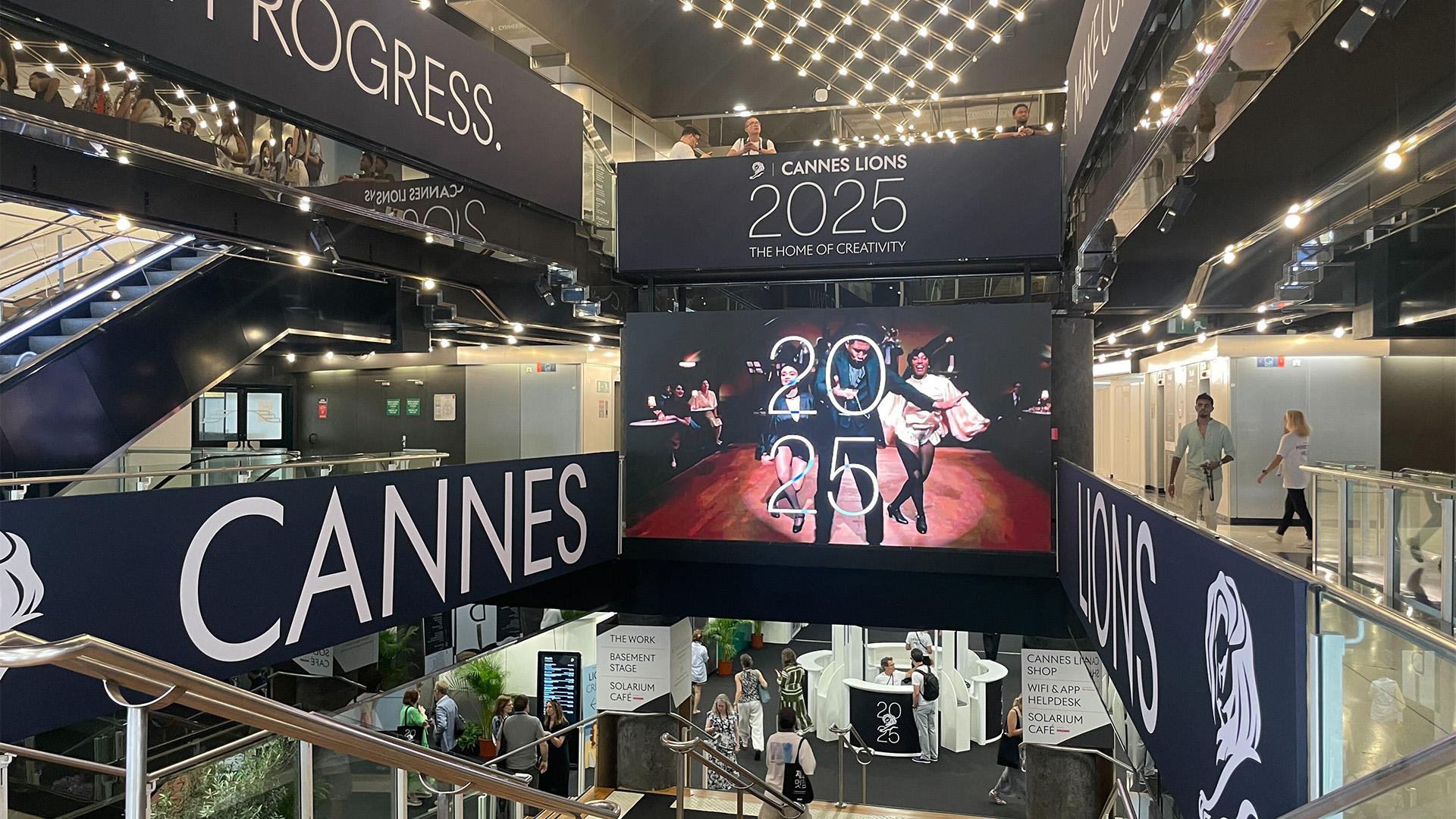
It’s easy to get lost at Cannes. Venues take on temporary pseudonyms. Beaches are remade overnight. Time is both a commodity and a luxury — usually determined by whether it comes with shade.
I am — or rather, was — a Cannes virgin until this past week. And I’ll say this: attending is a privilege. For all the pressure on ROI, the relentless scheduling, and the borderline-uninhabitable heat, we’re still working from the South of France in June.
Across conversations with both jaded veterans and wide-eyed newcomers, I learned quickly that there’s no single way to “do” Cannes. Some are here for the Lions — to judge, to win, or simply to be seen. Others, like me, come to see clients, build relationships, and reconnect with old collaborators.
The remainder seemed to make the journey to be inspired — either off their own back or as a reward from their company for 40-odd weeks of hard graft.
Despite these differences, a few commonalities arose. Whether it was in the work, in the Palais, or in the panels dotting La Croisette and the surrounding hills, the one thing that seemed to unite everything I encountered was an overarching desire for human connection.
Sports as the great connector
My week kicked off at an iHeartRadio panel where Malcolm Gladwell did what only he can do: talk about marketing without ever mentioning marketing. He focused instead on our shared desire for common conversations — pointing to sport as one of the few things left that truly unites people. Based on the sports-related activations and panels across the city, I’d say he is right.
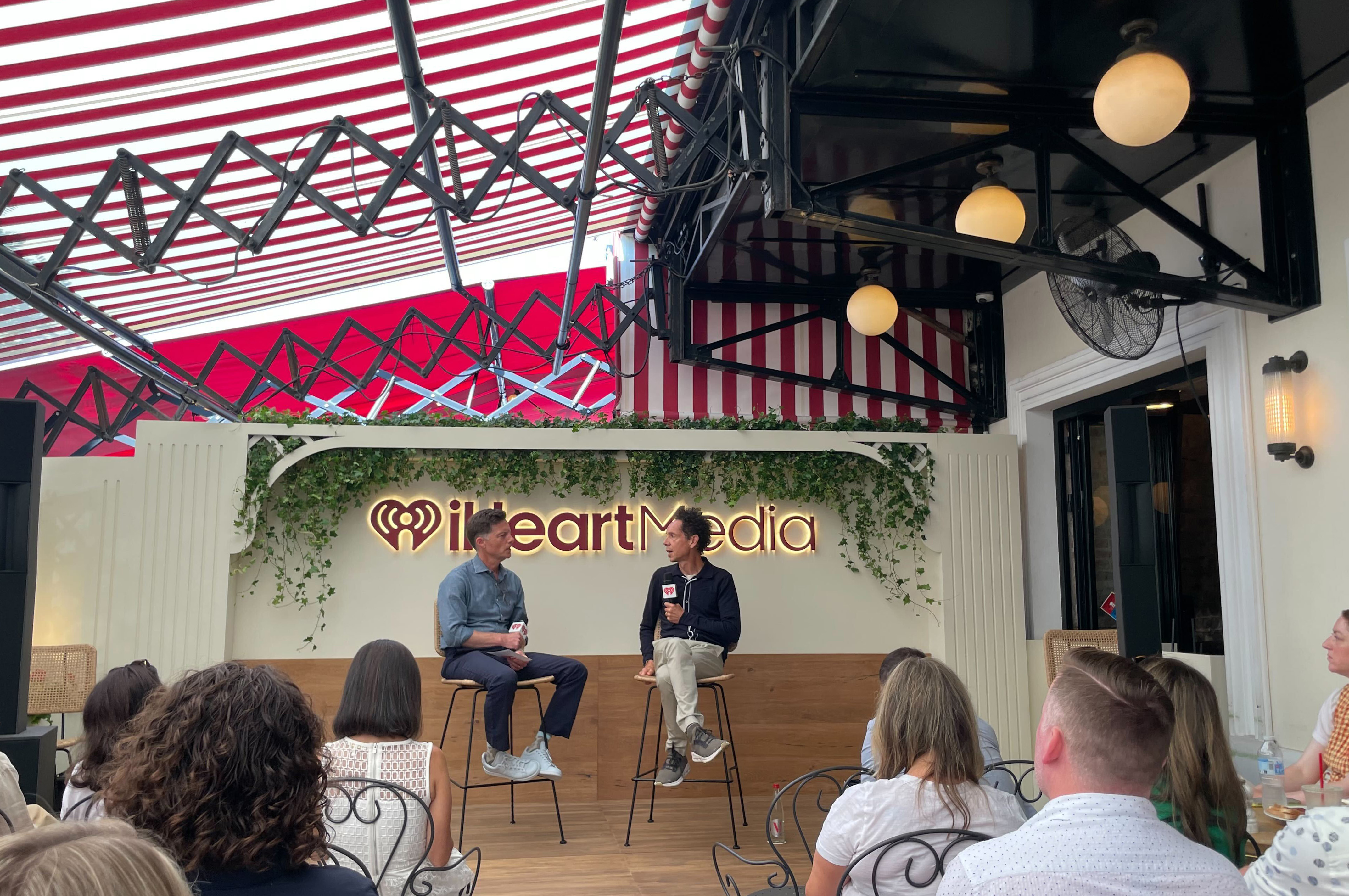
I was most enamoured by Jodie Porter breaking down how Formula 1 has evolved from licence holder to full-blown entertainment brand. At a World Building panel hosted by Common Interest, she explained how a 75-year-old sport found a new cultural centre of gravity, and how they’re ensuring fans continue to find their way to the track through unique content and collaborations.
A plea for shared stories
Down at the Palais, Accenture Song’s Nick Law delivered what I found to be the most succinct and compelling thesis on the state of our industry: that personalisation should occupy the realm of service, while stories should be grandiose and communal.
It echoed something Gladwell had said the day prior, taking a swipe at the Snow White remake for “narrowcasting to appeal to ten people in Brooklyn when fairytales are supposed to speak to everyone.” In a year where AI is being pitched as a storytelling shortcut, the call for big ideas and bold narratives provided welcome shelter.
AI as a tool for connection
Up at Collins House I was fortunate to hear one of my favourite directors, Taika Waititi, speak about how he’s using AI — not to make things easier, but to make them faster. “I don’t want anything that stops us going to a set to collaborate with other humans. But if there’s something that gets me to that set quicker, then great.”
LTX Studio’s Ido Cohen offered perhaps my favourite analogy that I’ve heard on the topic: that AI is like a child prodigy. “It’s worth working with, but it needs heavy coaching. It can’t do anything alone. We’ve never had a prodigy child write a great novel — because that takes life experience, heartbreak, imposter syndrome.” Amen.
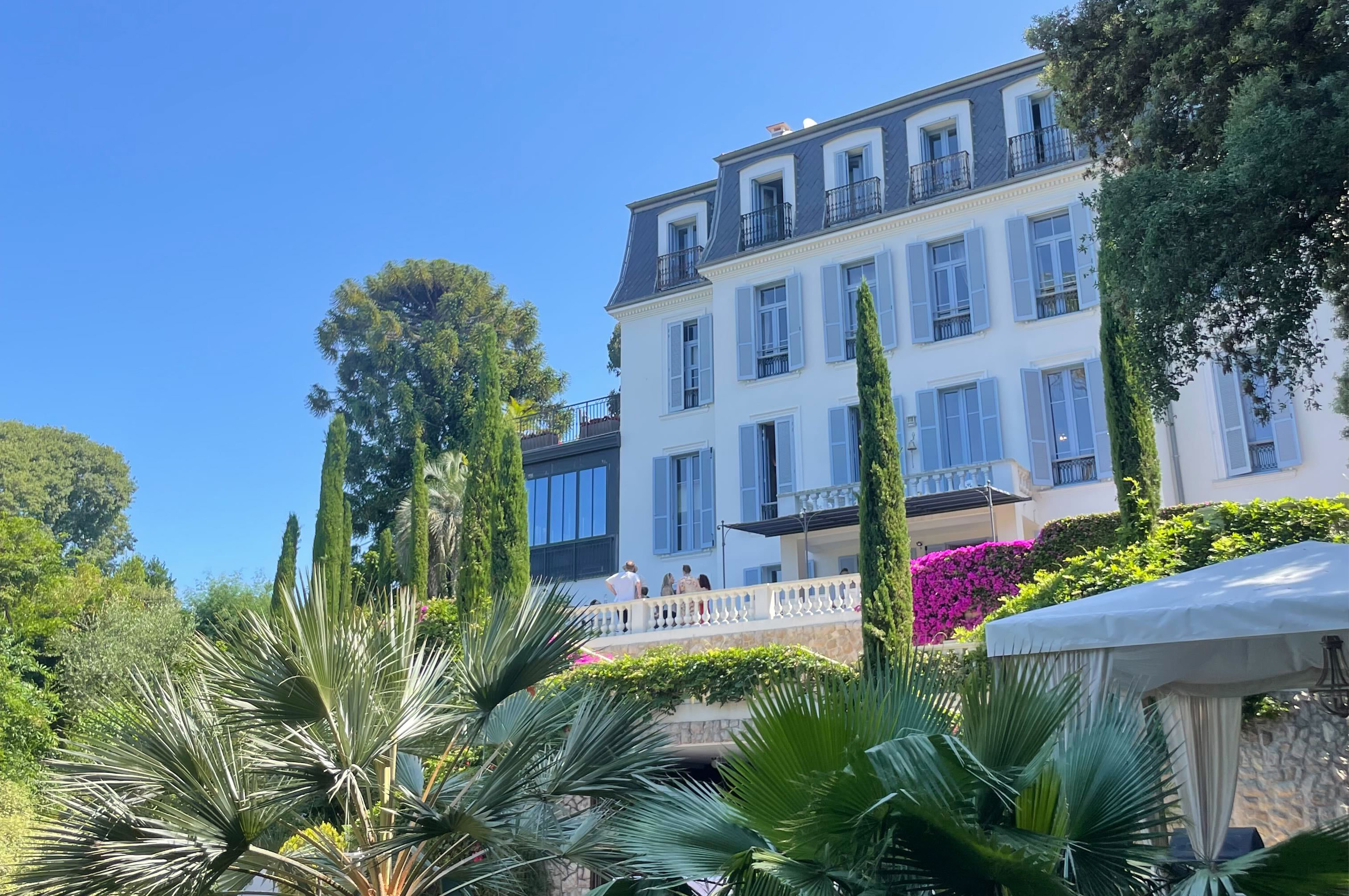
Realness as a competitive advantage
Whether it was the Kelce brothers and Amex in conversation at IPG Mediabrands, or Universal Music and Interscope unpacking Lady Gaga’s creative direction of Mastercard at the Grammys, I could feel the layers that had been intentionally removed between agency and artist in the interests of richer storytelling.
Among a sea of brilliant work, one piece really stuck with me: Heineken’s Pub Succession. A rallying cry for the Irish diaspora around the world to save family pubs. Their brand promise of celebrating the joy of true connections gave them the confidence to commandeer a position usually occupied by Guinness.
Renewed optimism
Between the wristbands, side-shows, and endless tech platforms, it’s easy to forget what Cannes is supposed to be about: celebrating the power of creativity. It took me getting a little lost to realise that. But I’m glad I did.
As I board my flight back to New York, inspired, and a little dehydrated, I’m reminded why I got into this industry in the first place: to create, connect with likeminded individuals, and to occasionally get lost in the right direction.
Article originally published in The Drum.


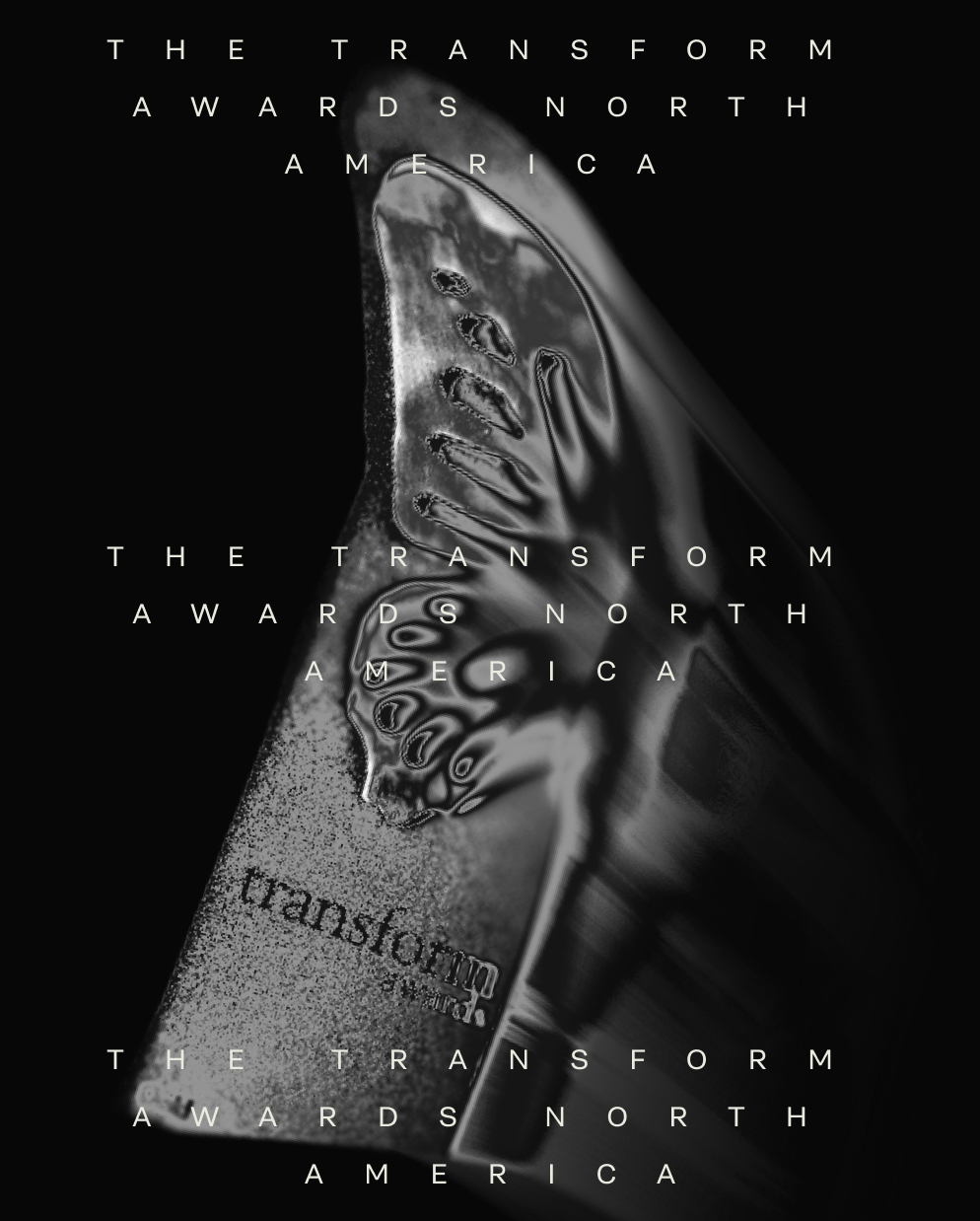
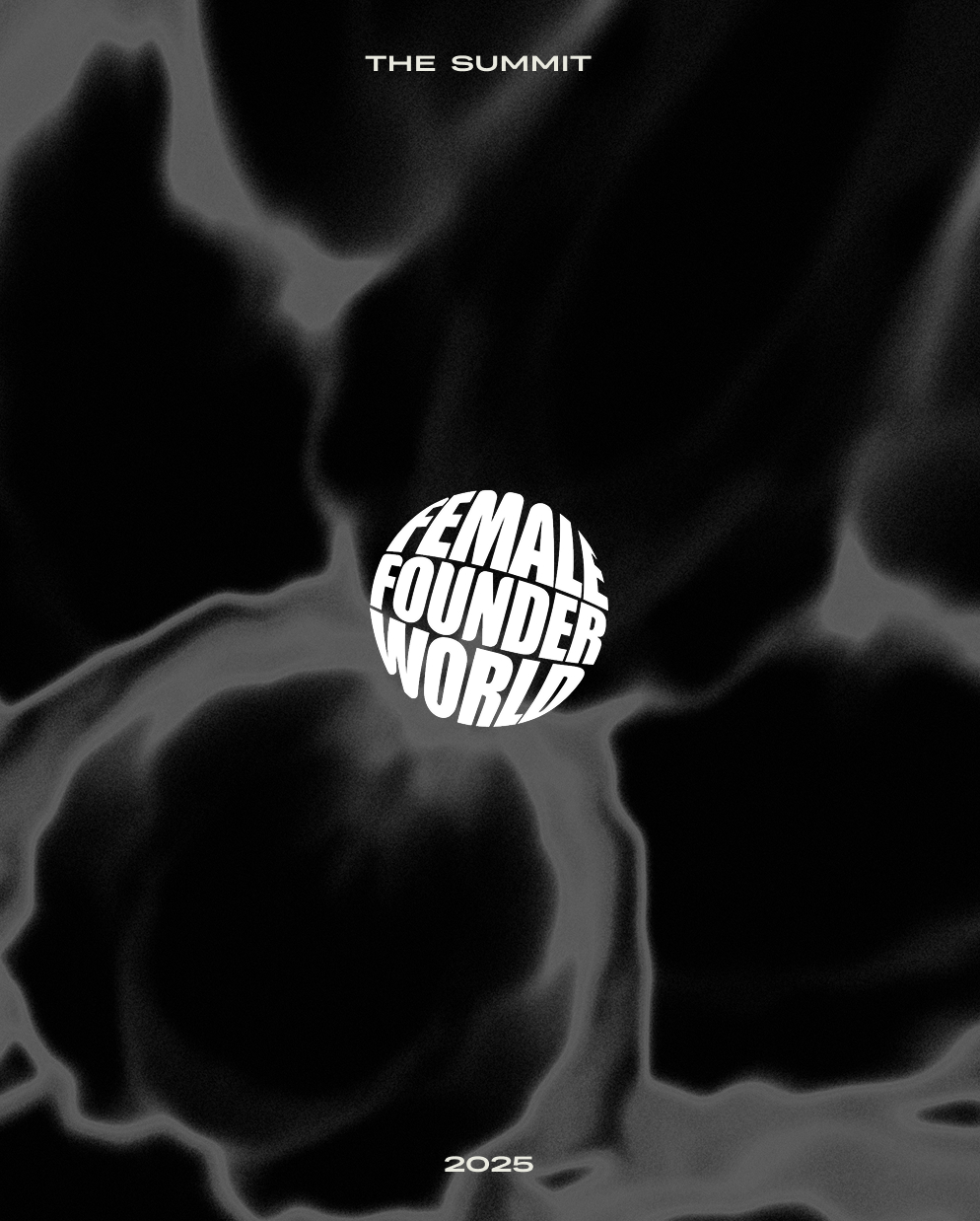
.png)